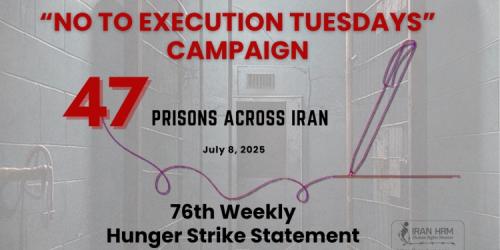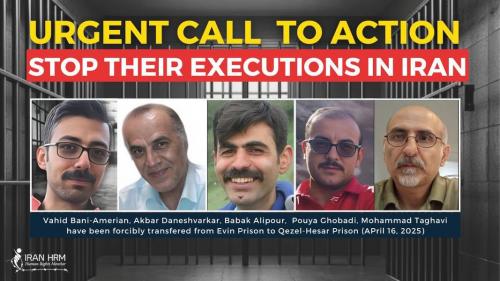27 June 2004 :
"The death sentence awarded to the accused in the case of rape and murder of the 14-year-old Hetal Parekh in Kolkata in 1990 has understandably raised a controversy. Of course, the guilty must be punished to ensure that the ends of justice are secured. But the death penalty is retributive rather than punitive as it precludes the possibility of reform of convicts. Moreover, by definition, it affords no room for correction of any miscarriage of justice. These considerations are paramount in the advocacy of abolition of capital punishment even for the most heinous of crimes. While the President, A.P.J. Abdul Kalam, examines the clemency petitions against the execution of Dhananjoy Chatterjee under Article 72 of the Constitution, there appear to be compelling grounds for commutation of his sentence. In a case that has dragged on for 14 long years, there has been no direct witness to corroborate the involvement of the accused in the gruesome murder of the schoolgirl. The prosecution case has rested wholly on circumstantial evidence," stated an editorial in The Hindu Daily newspaper.










